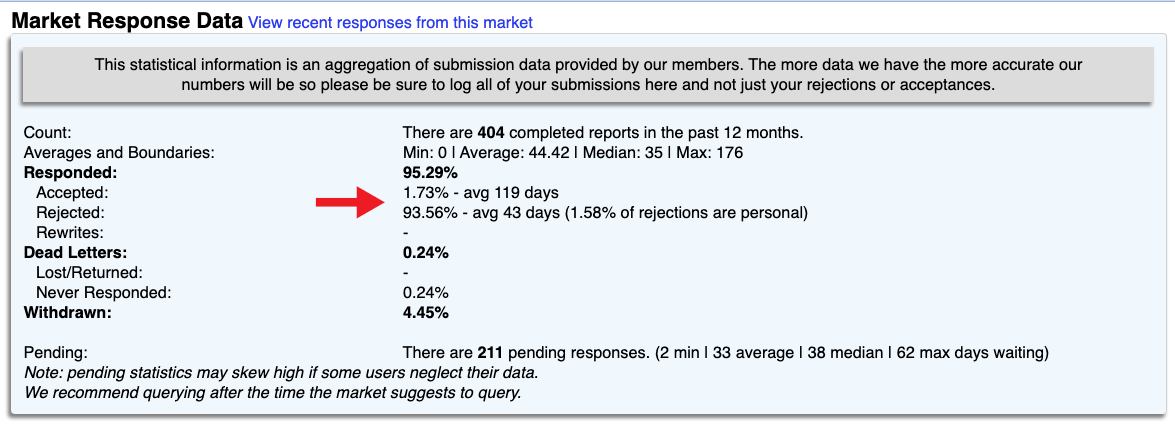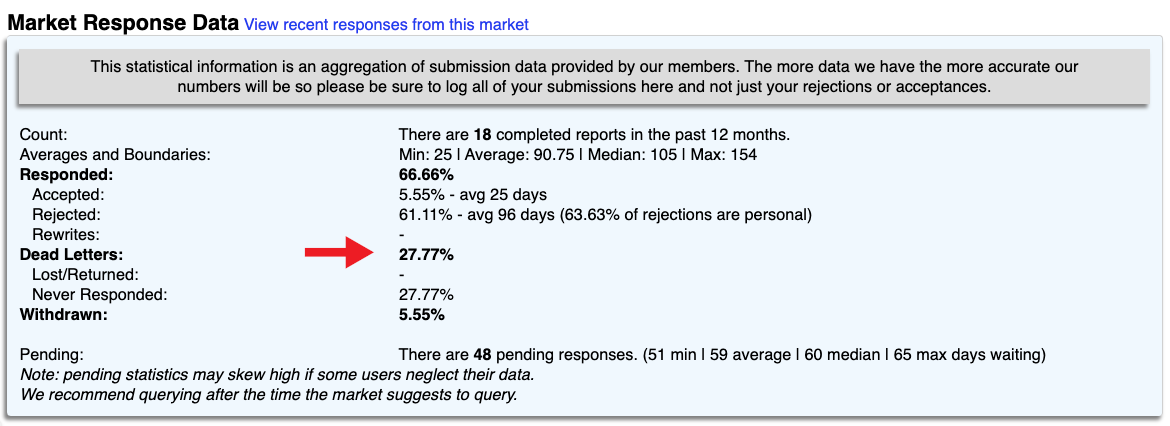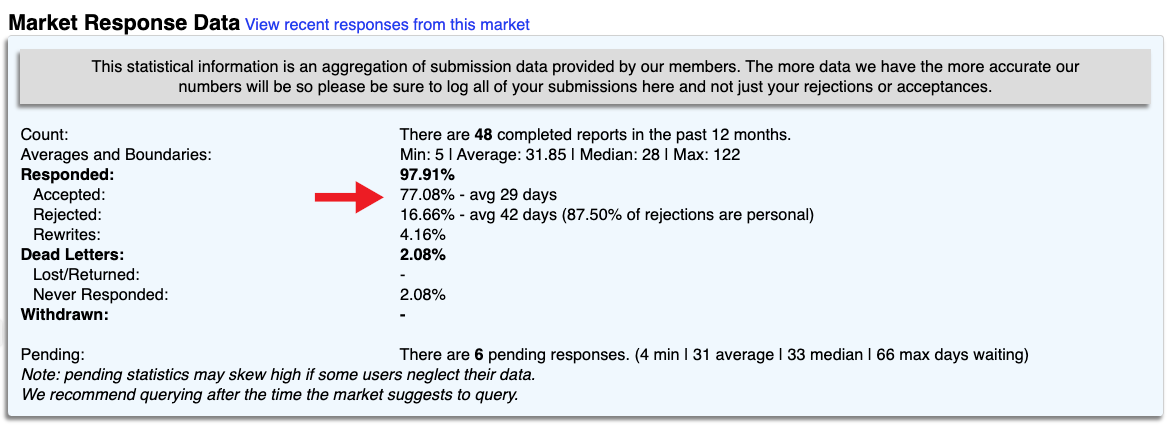
How to Publish a Short Story
Part 1: Calls for Submissions
This is the first in a 3-part series on how to publish a short story, based on my experiences with publishing. In other words, here’s a whole bunch of stuff I didn’t know when I started. It’s been an enjoyable journey for me – and if I can do it, so can you!
So you’ve written a story you’d like to sell. That’s awesome! Let’s take a look at who’s buying.
First, a very important note: your writing is worth money. You, yes you, are worthy of being paid for what you wrote. Whether you make 10¢ per word or 0.1¢ per word or just get a contributor copy, my advice is to go for publications that give you something in return for your hard work.
Have faith in yourself and your writing. If a story is rejected over and over, then rework it: get constructive criticism and editing help. Take free classes. Don’t assume your writing is crap. Lots of people can write stories that sell. To my surprise, I turned out to be one of them, and chances are, so are you.
On with the post! The sites below will show you journals, magazines, anthologies, and podcasts that seek short stories. When you find a call that looks interesting, go to the publication website and read carefully.
In fact, here’s the Read Carefully Checklist I’ve developed over 2.5 years of submissions:
1. Are they actually open to submissions (or will they be soon)? Links to open calls can be out of date, sometimes by years, so double check on the publication website. Do not send stories when subs aren’t open, no matter how perfect the call may seem. Your email will probably be deleted unread.
2. Do they pay? See the note above.
3. Do they charge to submit? I steer clear of these.
4. Do they take reprints? If you’re trying to sell something you sold before (congrats!) check for these possibilities:
-
- No reprints. Often guidelines will simply say “No reprints, please.”
- No reprints. Often guidelines will simply say “No reprints, please.”
-
- Reprints accepted. There are a few different ways publications take reprints. One is unpaid (beware!), one is paid less (standard), and one is “query for reprints.” If it says this, go ahead and politely query.
- Reprints accepted. There are a few different ways publications take reprints. One is unpaid (beware!), one is paid less (standard), and one is “query for reprints.” If it says this, go ahead and politely query.
-
- It doesn’t say. If reprints aren’t mentioned, you can read for some keywords. If the publication is asking for original or unpublished works, or say they buy first rights, that means no reprints. If you really can’t tell, you can politely query.
-
- Note that different publications have different definitions of reprints. For some, it has to have been in an actual publication, as opposed to just being on your website. For others, anything including stuff behind a paywall like Patreon is considered previously published.
- Note that different publications have different definitions of reprints. For some, it has to have been in an actual publication, as opposed to just being on your website. For others, anything including stuff behind a paywall like Patreon is considered previously published.
-
- Fun fact: podcasts sometimes consider “reprints” to only mean previously podcasted works, so they will buy written reprints for full price!
- Fun fact: podcasts sometimes consider “reprints” to only mean previously podcasted works, so they will buy written reprints for full price!
5. What genre do they want? If they say “no horror” they mean no horror. Don’t waste your time sending it – I got this one straight from editor Atlin Merrick of Improbable Press.
6. Do they have certain types of writers in mind? Some publications ask for BIPOC or queer writers, writers from Canada, writers under 20 or over 40, etc.
7. Do they have certain types of content in mind? Let’s look at a few examples:
-
- Anthology calls can get really specific, like “Folk horror in a winter storm on a farm.” Don’t send anything but that.
-
- Magazine calls vary. You can find things like “all types of sci-fi/fantasy”, or “high fantasy only”, or “supernatural horror: ghosts yes, vampires no.” And every once in a while you find a magazine that’s just about plants. Again, don’t waste your time sending what they won’t buy from you.
-
- Podcasts are their own creature, because of the format: your story has to translate to audio. Depending on how big the podcast is, they may want something with a bunch of speaking parts for their team of voice actors, or something with almost no dialogue at all because they’ve got just a couple of people.
-
- Also look for some common content requests across many publications: things like “no sexual violence” and “no homophobia” come up a lot. PLEASE do not send that sort of thing if it’s not allowed, chances are the editors/readers are protecting themselves from something they don’t personally want to read.
8. Word count. Hit the word count. You might think, Yes, this is too long, but they’ll love it anyway! Chances are they won’t even read it, because tons of other people submitted stuff that hit the word count. Again, that’s straight from editor Atlin.
9. Multiple and simultaneous submissions. Multiple submissions means sending more than one story to a press at the same time. Always follow the press’s wishes on this.
Simultaneous submissions means sending a story to more than one press at the same time. Lots of presses are fine with this, but some say they don’t accept simultaneous submissions. It’s up to you whether you decide to follow that or not. In any case, if you sell to another publication, immediately withdraw it from everywhere else, and you don’t need to say why. Do be careful to keep good records so you know where to withdraw from. And remember, you don’t want to ask a publication to wait on an acceptance because you want to hear back from another place first. Personally, if I’ve got a story out to a publication I really want to sell to, I don’t send it anywhere else at the same time.
10. Check how much they publish:
-
- For magazines and podcasts: Has the publication been going steady or has it fallen off? If they’ve missed a few issues, they may be in trouble. Often there’s a note explaining that they’re on a break, but will be back. I usually wait to see if that actually happens.
-
- For small presses (anthologies), how many books does the press publish a year? Honestly here I’m more inclined to trust a press with just a few books out rather than one that puts a book out every couple of months, unless they have a big enough team to do a good job with each book.
-
- Some writers also don’t like to submit to places that are brand new, in case the first publication never materializes.
11. When in doubt: if your question is not answered by reading the guidelines, you can politely query an editor. I’ve queried about reprints and whether to send a story with sexual content, among other things.
12. Using Submission Grinder
The website Submission Grinder is a fabulous resource, where you can find and keep track of submissions. I’m not going to go over how to use the site: check their FAQ for that. But you can input the name of a publication into this search bar and if the press is on SG, you’ll get a page like the ones below, where you can find user-submitted stats on publications. Remember, this is not everybody who’s sent the press a story, but just the people who logged their submissions on Submission Grinder.
-
- The first thing I want to focus on is how long you may have to wait for a response. Often a publication will state a turnaround time, but with Submission Grinder, you can see how long they actually take. So here, it’s 119 days for acceptances, and 43 for rejections.

Do note that some places say up front that they don’t respond in case of rejection. Sadly this is fairly common. I don’t personally avoid presses just for that reason, but make your own decision on that.
Presses will often say to query if it’s been more than 3 months or whatever. For help with queries, I recommend visiting Kel Coleman’s website (scroll down for query letters).
Now let’s take a look at two possible red flags you can spot on Submission Grinder:
-
- First, Dead Letters:

Dead letters are when people submit a story and expect to hear back, but never do. I tend to steer clear of places where it happens a lot. Do note that this stat can skew high if there are only a few submissions. (27% of the 18 completed reports is about 5.)
-
- Also watch for presses that have super high acceptance rates, like this one at 77%.

Sometimes those are totally normal publications, and may actually cater to emerging writers, and sometimes they’re hoping in some way to make money from the authors they accept, so they want to accept a lot of them. Check out the publication website for hints of other services they may want their authors to buy. Remember, the press is supposed to pay you, not the other way around.
-
- Submission Grinder also sometimes lists warnings about irregularities at the publication, like trouble with contracts. And they are starting to report whether a publication takes AI submissions. You can also find that on publisher websites. I personally steer clear of places that accept AI.
And now the websites:
First off, if you’ve found a publication that interests you, sign up for their newsletter so you will be notified about their open calls. You can also check out these sites:
Facebook Groups
OPEN CALL: Speculative Markets – Horror, Science Fiction, and Fantasy
OPEN CALL: SCIENCE FICTION, FANTASY & PULP MARKETS
Open Submission Calls for Horror/Paranormal/Mystery/SciFi Writers
Open Submission Calls for Short Story Writers
Calls for Submissions (Poetry, Fiction, Art)
Writers Post No Fee Calls for Submission
Websites
Submission Grinder You can get a weekly newsletter tailored to your needs. Check out their FAQ for how to use the site.
Published to Death: Calls for Submissions by Erica Verillo
Angelique Fawns: monthly call posts
Authors Publish calls for submissions I recommend signing up for their newsletter.
Chill Subs Click through the tabs and filters to narrow your search.
Freedom with Writing Scroll down for lists of calls.
Jeanne’s Writing Desk: Jeanne Lyet Gassman
Poets & Writers I also recommend getting their newsletter.
Lambda Literary for queer calls for submissions (scroll down)
Good luck, my friends! You’ve got this.
Questions? Comments? Hit me up on my social media. Looking for ideas? Get some weird writing prompts.
NEXT: Part 2: Submitting Your Story
Sign up for my free monthly newsletter and never miss a writing article! Or subscribe by RSS